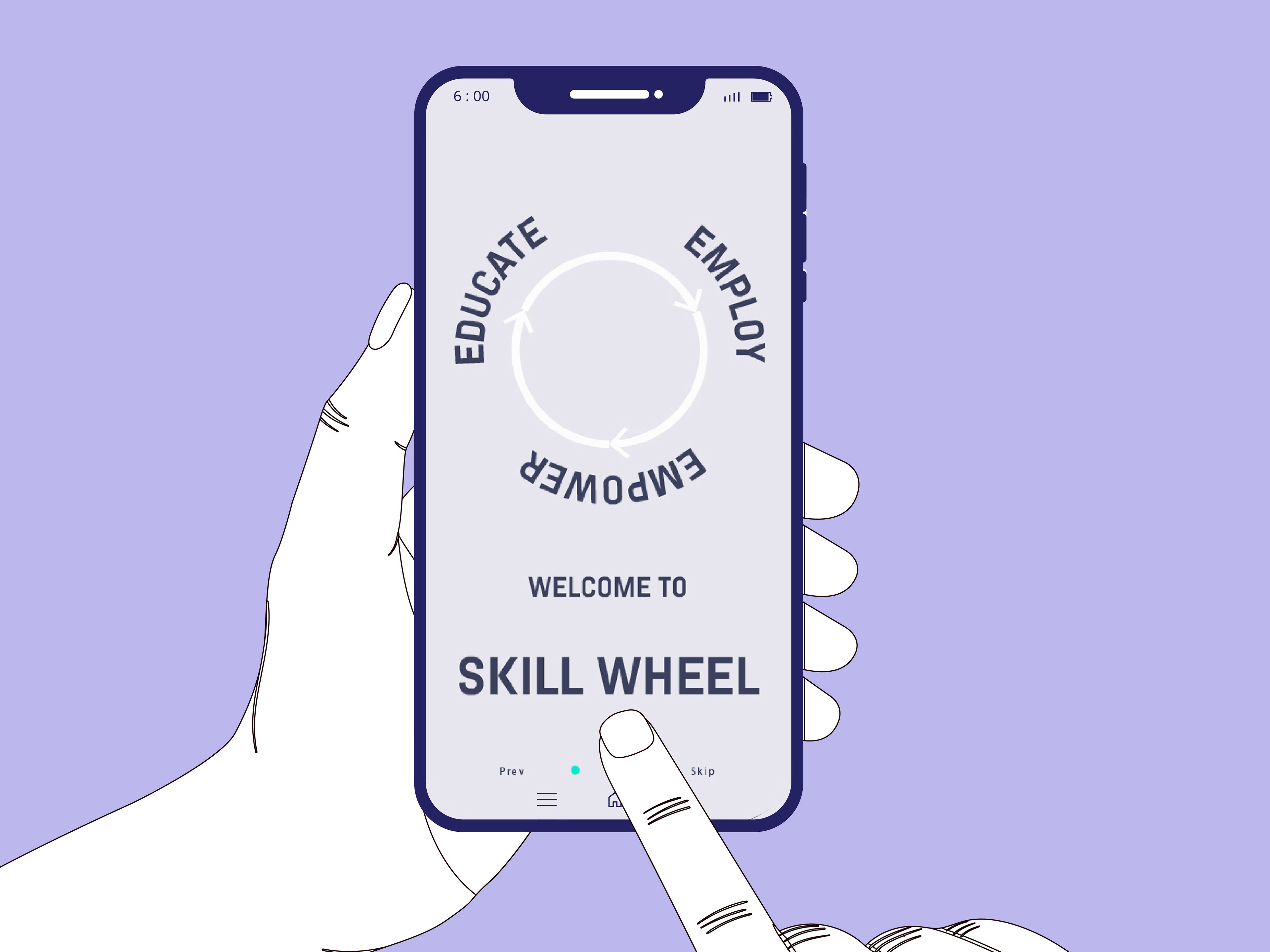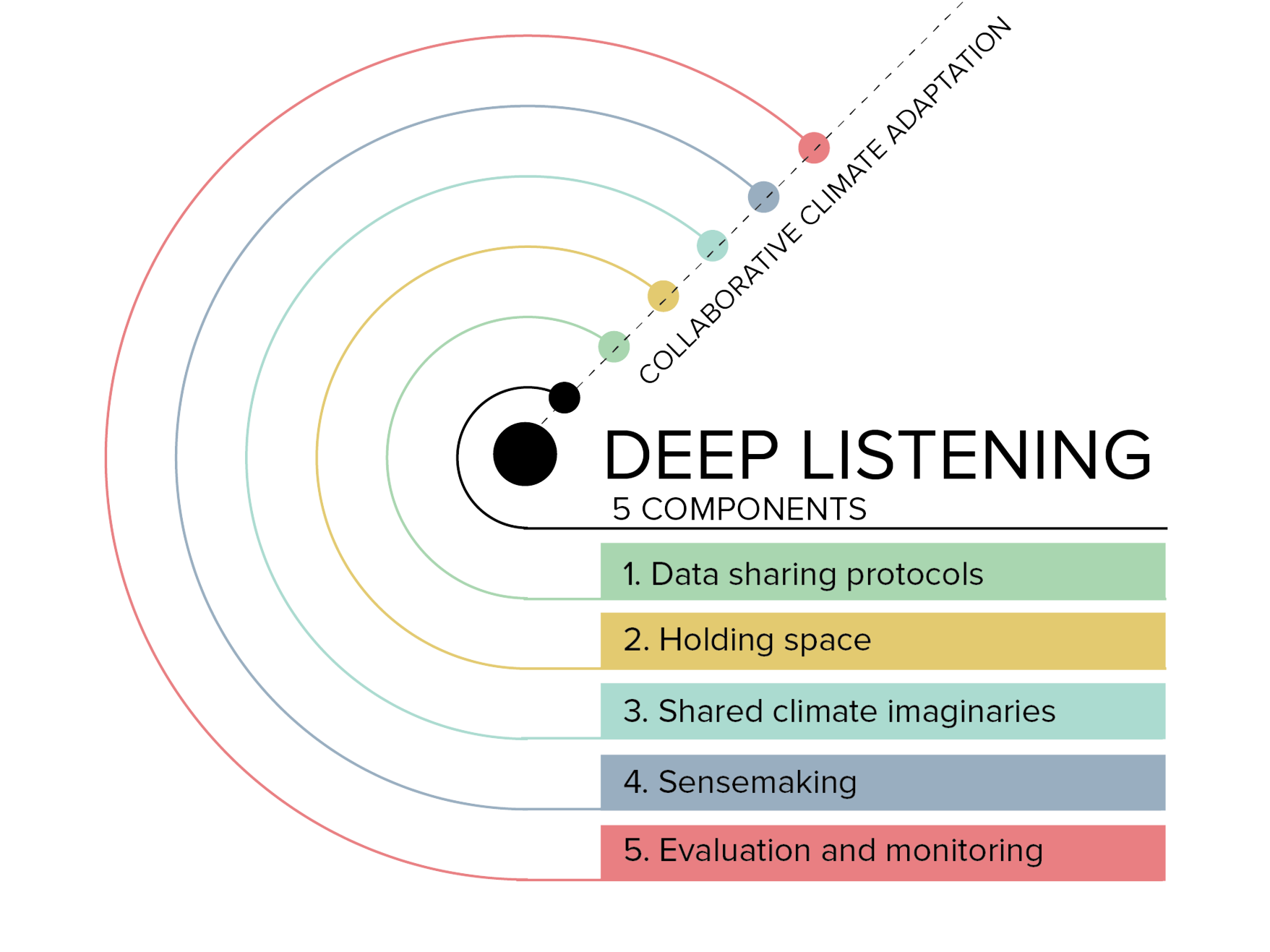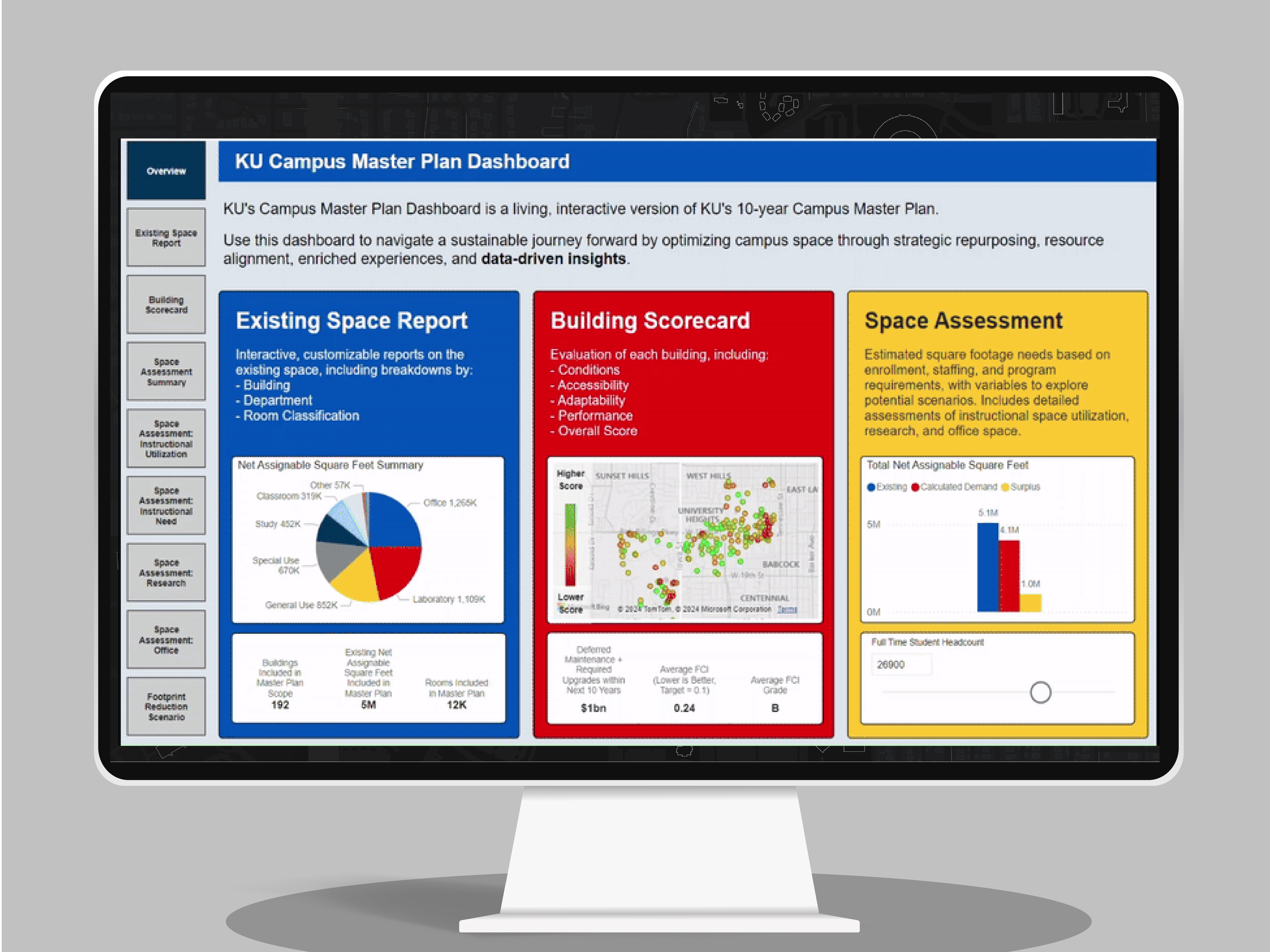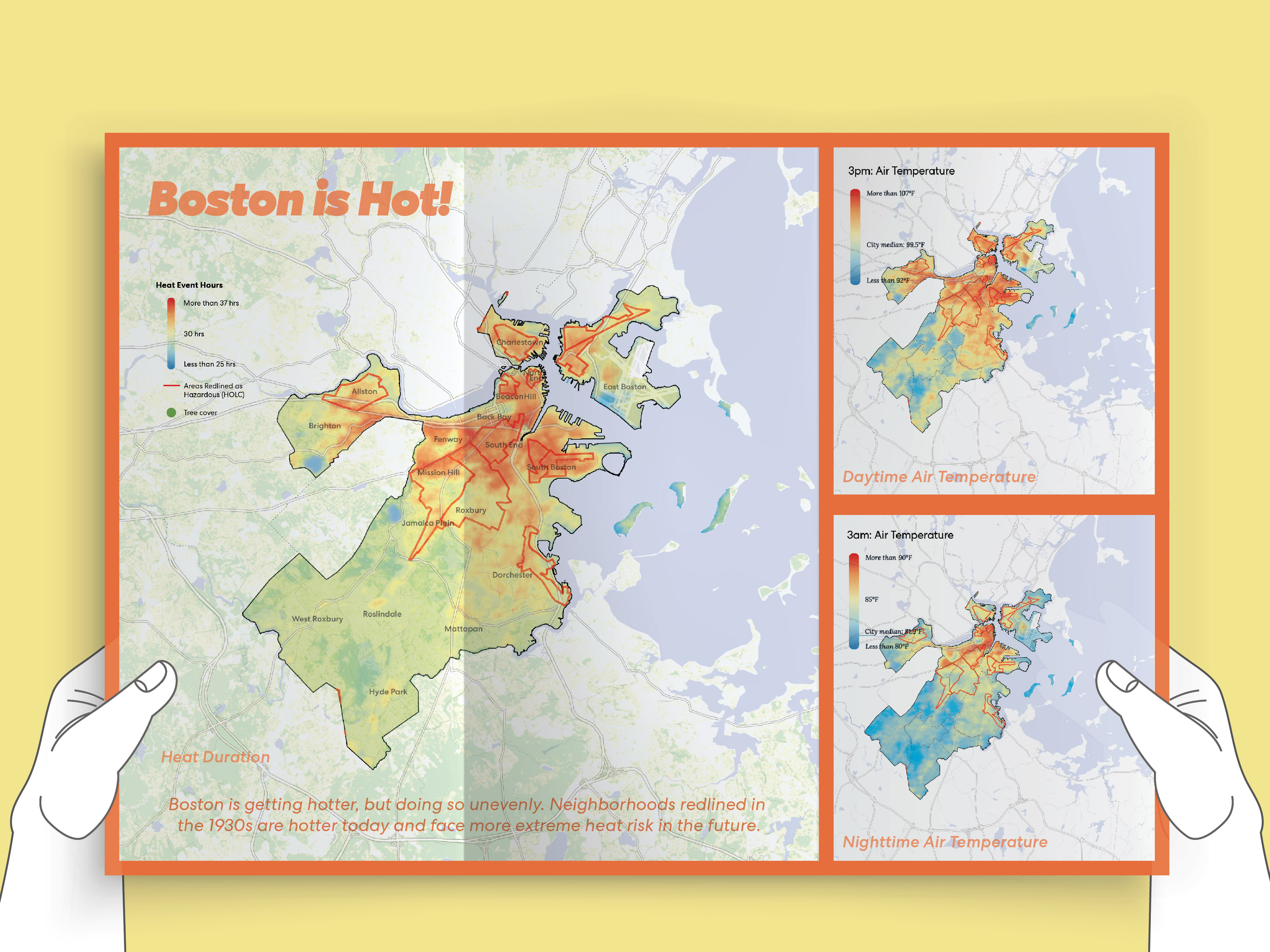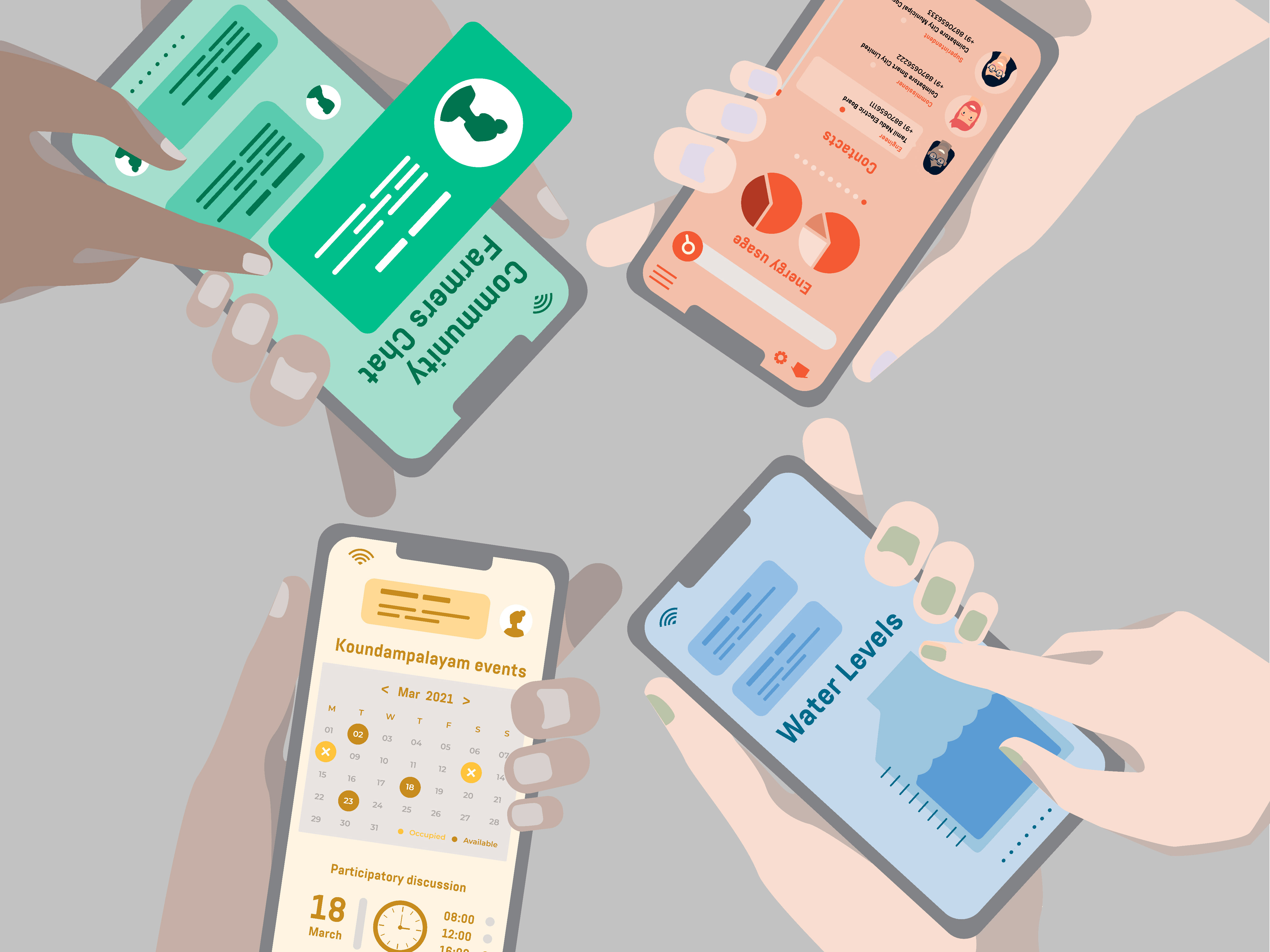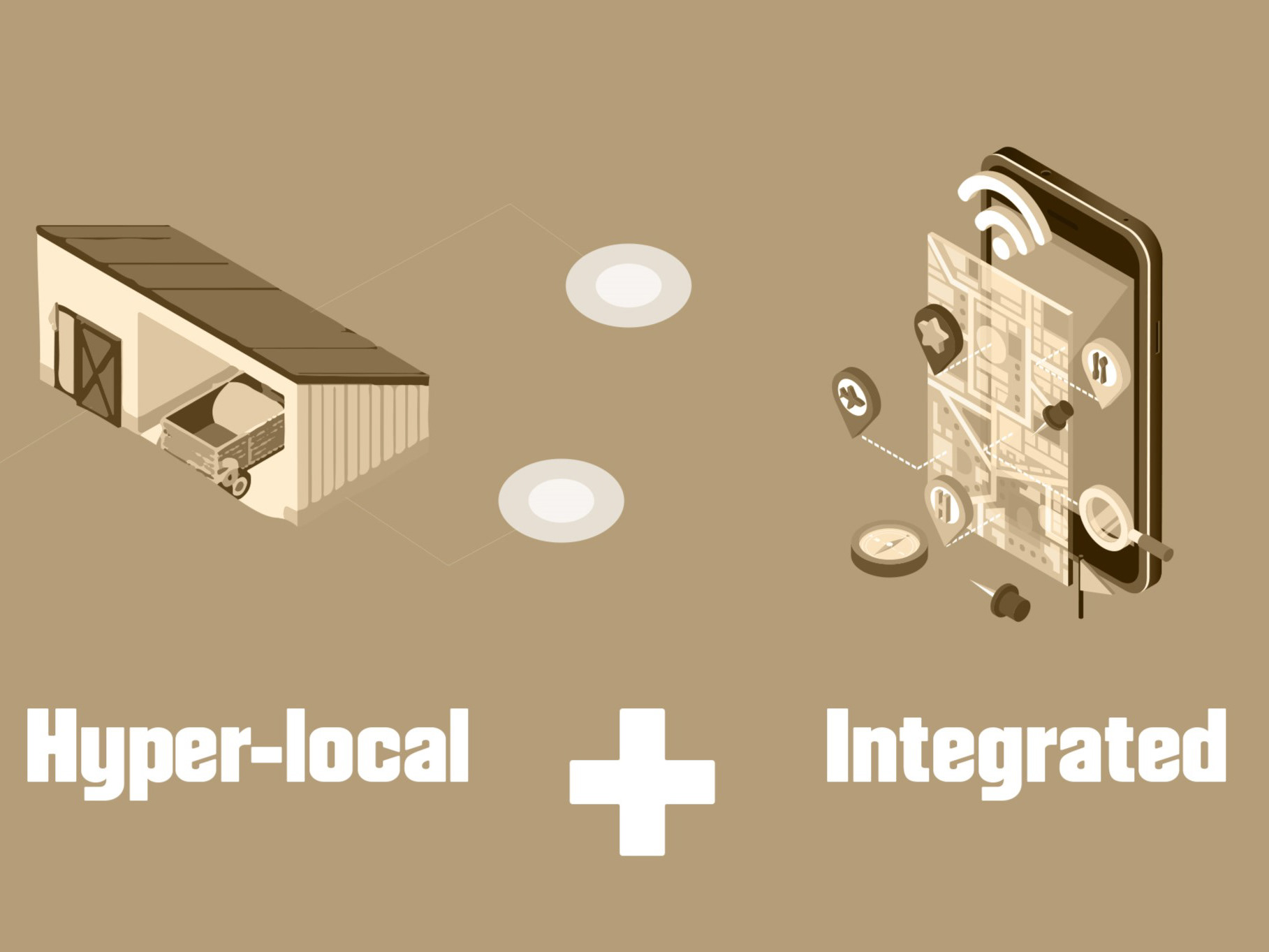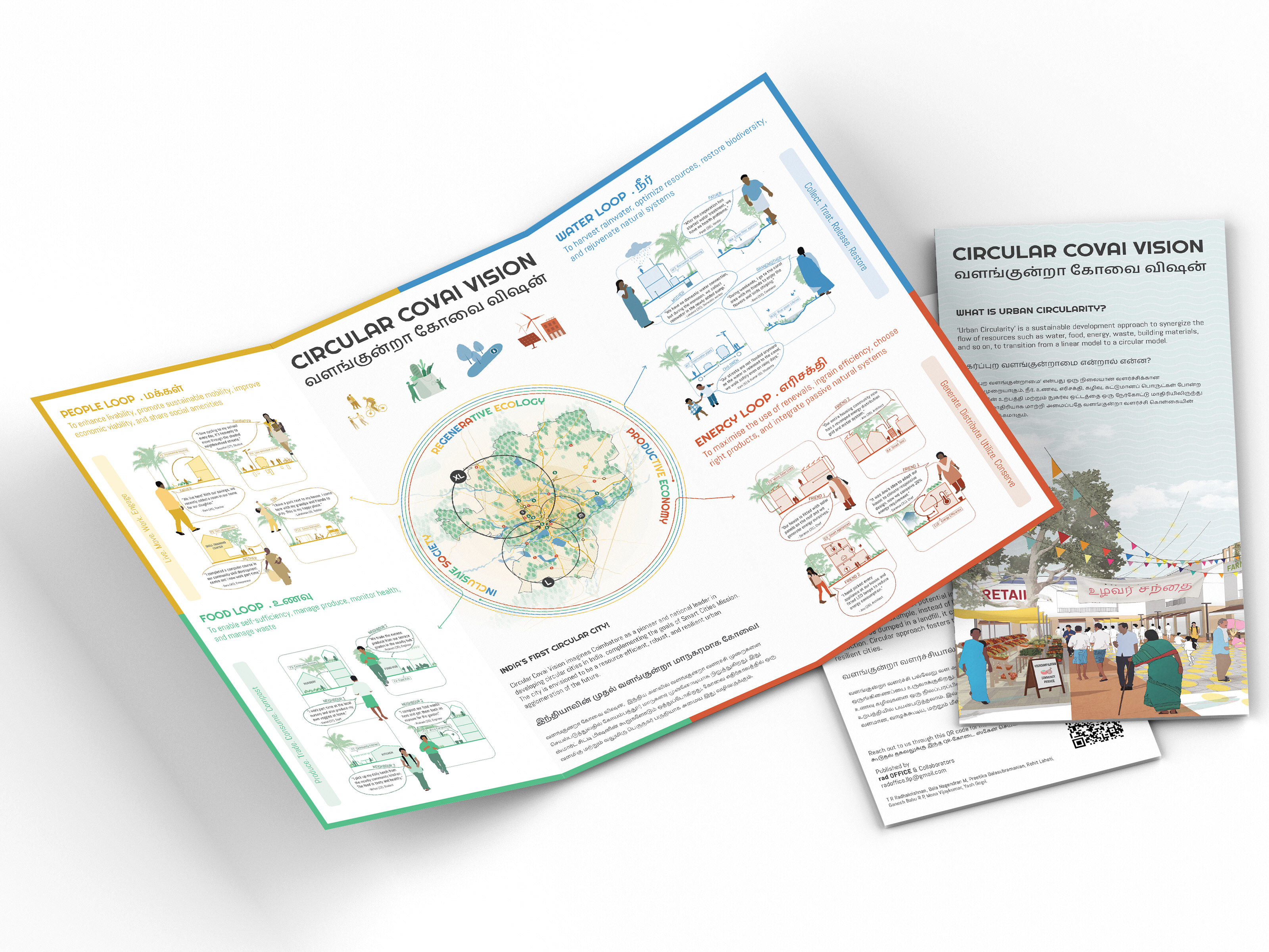2022-24 | Perkins&Will
Location: Lawrence, KS
Team: Urban planners, architects, data analysts, and sustainability consultants.
Role
Co-led the development of a data-driven community engagement process for inclusive and equitable campus planning.
Designed workflows for integrating geospatial tools into engagement strategies.
Facilitated participatory workshops, surveys, and real-time data integration to gather diverse perspectives.
Designed workflows for integrating geospatial tools into engagement strategies.
Facilitated participatory workshops, surveys, and real-time data integration to gather diverse perspectives.
Challenge
Lack of inclusive representation in traditional campus planning processes.
Underutilized spaces and safety issues for pedestrians, particularly in high-traffic areas.
Misalignment of infrastructure with community needs, including accessibility and sustainability.
Limited tools to collect real-time, actionable feedback from diverse campus groups.
Underutilized spaces and safety issues for pedestrians, particularly in high-traffic areas.
Misalignment of infrastructure with community needs, including accessibility and sustainability.
Limited tools to collect real-time, actionable feedback from diverse campus groups.
Solution
+ Integrated Maptionnaire, an interactive map-based survey tool, to collect geospatial feedback on key campus areas.
+ Conducted over 200 participatory workshops and 5,000 engagements to incorporate stakeholder input.
+ Developed a Master Plan Dashboard to visualize feedback, identify patterns, and guide decision-making.
+ Aligned data collection with goals for accessibility, DEIB (Diversity, Equity, Inclusion, and Belonging), and sustainability.
+ Conducted over 200 participatory workshops and 5,000 engagements to incorporate stakeholder input.
+ Developed a Master Plan Dashboard to visualize feedback, identify patterns, and guide decision-making.
+ Aligned data collection with goals for accessibility, DEIB (Diversity, Equity, Inclusion, and Belonging), and sustainability.
Impact
+ Achieved over 5,000 engagement touchpoints, including 1,600+ student responses and 1,100+ faculty and staff inputs.
+ Identified and prioritized key areas for pedestrian safety, accessibility, and space activation, enhancing the campus experience.
+ Enabled equitable representation by integrating feedback from underrepresented groups, ensuring diverse voices informed solutions.
+ Strengthened trust and transparency between stakeholders and decision-makers, laying the groundwork for ongoing engagement.
+ Identified and prioritized key areas for pedestrian safety, accessibility, and space activation, enhancing the campus experience.
+ Enabled equitable representation by integrating feedback from underrepresented groups, ensuring diverse voices informed solutions.
+ Strengthened trust and transparency between stakeholders and decision-makers, laying the groundwork for ongoing engagement.
Community Engagement Roadmap
Campus Lived Experience
KU Vision 2030
